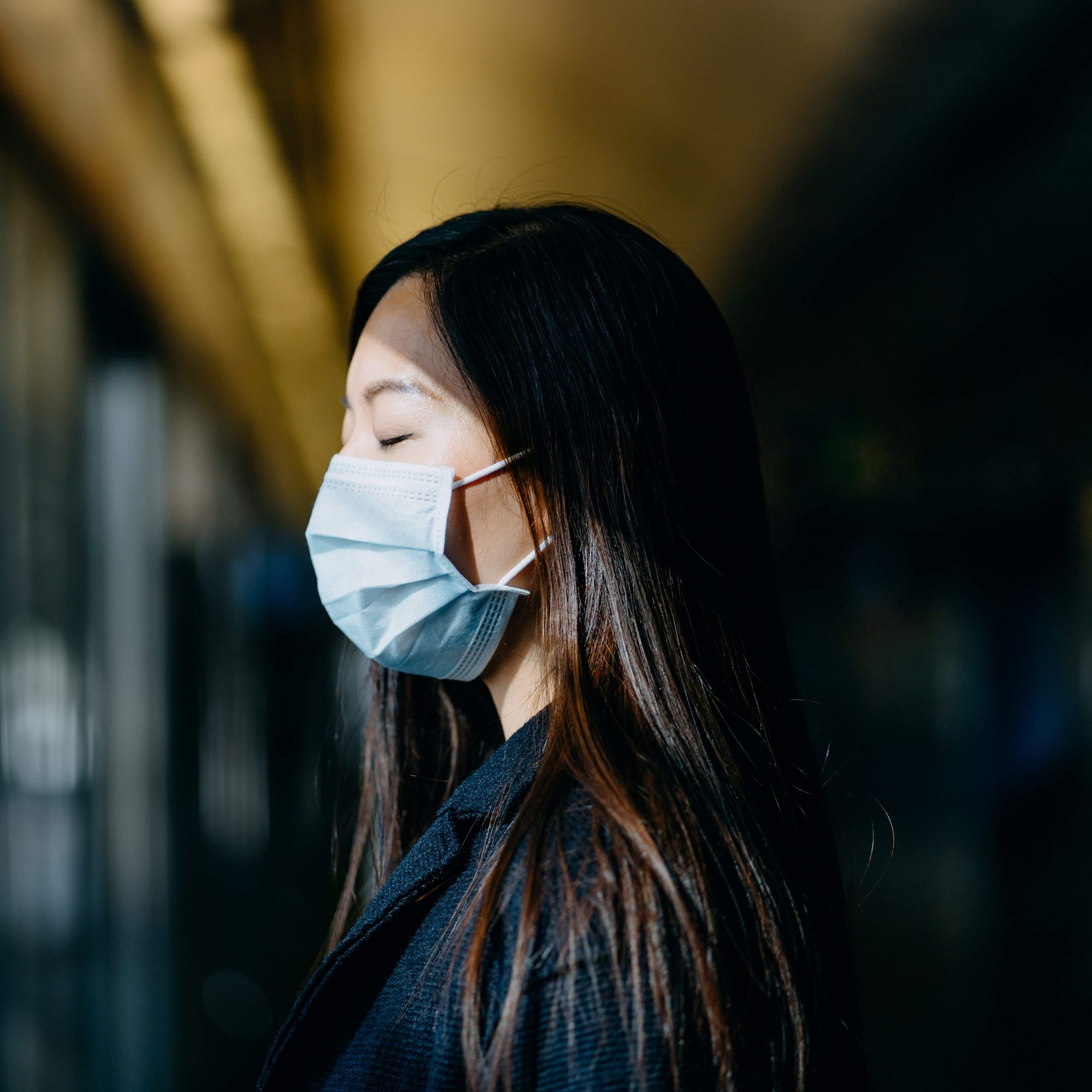
- POPSUGAR Australia
- Fitness
- It’s Possible to Get COVID-19 After the First Vaccine Dose – What to Do If It Happens to You
It’s Possible to Get COVID-19 After the First Vaccine Dose – What to Do If It Happens to You

Both COVID-19 vaccines currently in use in the US, Pfizer and Moderna, require two separate doses given three and four weeks apart, respectively. That means that there’s a waiting period where you have some immunity from the virus but haven’t yet received the full protection of both doses. In that period of time, after your first vaccine but before your second, you still have a chance of getting COVID-19 if exposed, and you’re more susceptible than when you’re fully vaccinated with both doses. How is that possible, and what should you do if it happens to you? POPSUGAR talked to Stanford infectious disease doctor Aruna Subramanian, MD, to get some answers.
Can You Get COVID-19 After the First Vaccine Dose?
It is possible to get COVID-19 after the first dose of the vaccine, Dr. Subramanian confirmed. You might have contracted the virus soon after your vaccination or just before, she explained, and not shown symptoms until after. Both are possible because “it takes two weeks before you get a significant immune response” from that first shot, Dr. Subramanian said. And even then, one dose of the Pfizer vaccine is 52 percent effective at preventing COVID-19, compared to 95 percent with both shots; Moderna is 80.2 percent effective after one dose and 94.5 percent after two.
“You get a good amount of protection two weeks after your first dose, and then you get complete protection a few weeks after the second dose,” Dr. Subramanian explained. “It’s a process and so people have to be patient through that.” Essentially, your body needs time to build immunity, so it’s important not to let your guard down too quickly or stop practicing the normal COVID-19 safety measures. You’ll need to keep wearing a mask (or two), social distancing, and washing your hands frequently to ensure you’re as protected as possible, and that goes for in between shots and after you’ve been fully vaccinated with the second dose.
Related: I’ve Received Both Doses of the COVID-19 Vaccine – Here’s What It Was Really Like
What Should You Do If You Get COVID-19 After the First Vaccine Dose?
If you suspect you have COVID-19 after your first vaccine shot, go and get tested like you would normally, Dr. Subramanian said. Getting an accurate test is especially important because some vaccine side effects, like fever and fatigue, can mimic some COVID-19 symptoms, so a test can help you tell for sure what’s going on. If you do have COVID-19, you’ll also need to quarantine and keep an eye on your symptoms, Dr. Subramanian added. If they’re getting worse, seek care from a healthcare provider and let them know that you’ve received your first vaccine dose.
You’re basically following the same process as you would if you got COVID-19 without having been vaccinated. You can still have virus replicating in your nasal passages,” Dr. Subramanian explained, meaning that you can still transmit the virus to others. Don’t take it any less seriously just because you’ve gotten your first shot; getting tested, wearing a mask, quarantining, and social distancing from others remain crucial.
POPSUGAR aims to give you the most accurate and up-to-date information about the coronavirus, but details and recommendations about this pandemic may have changed since publication. For the latest information on COVID-19, please check out resources from the WHO, CDC, and local public health departments.

